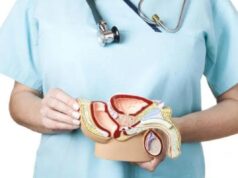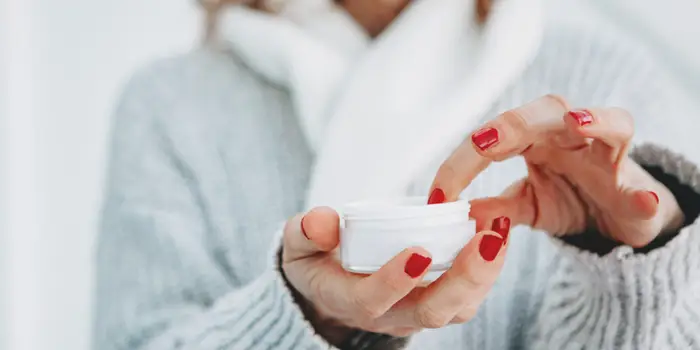
It can appear at any time and any age, and although it is not a serious alteration, it can be very annoying. Although it is usually associated with menopause, vaginal dryness is not a problem exclusive to this stage. It is estimated that more than half of women with this disorder are under 50 years of age. Vaginal dryness may not be a dangerous symptom but for sufferers, it is annoying. If you are one of them, this article is for you. Just keep reading until the end of this article!
Burning sensation in the genital area, irritation, itching, and, above all, pain during sexual intercourse are the symptoms that are most commonly associated with vaginal dryness.
Fortunately, there is a solution, and looking for it is important to avoid complications, such as an increased risk of infection.

What problems can vaginal dryness cause you?
Dryness or lack of vaginal lubrication is the most frequent discomfort in the intimate area. However, many women do not consult it because they consider it to be a normal disorder. It is important that you do not let it go and that you inform your gynecologist to find a solution since it can end up causing you problems such as:
– Pain during sexual intercourse. Poor lubrication can make intercourse difficult and make it less or less pleasurable and even painful.
– Vaginal atrophy. It can make you more likely to get vaginal infections. Small fissures can sometimes be seen in the walls of the vagina.
– Atrophic vaginitis. In addition to dryness, it usually manifests itself with symptoms such as a burning sensation and disappearance or decreased inflow.
How can you solve the lack of lubrication?
There are different simple and very effective treatments to end this problem. Although some are commonly used and do not require a prescription, it is always more convenient for your gynecologist to advise you on the most suitable one for you, since the duration and dose must be individualized depending on whether the symptoms persist and their severity. These are the most common:

Hydrating creams
They are fixed to the epithelium or vaginal layer and, by retaining the water of the vagina, they maintain their hydration. That is, it is more moist and elastic. With this, it also improves its pH, which prevents infections in the area. Moisturizing creams have no contraindication and should be applied at least twice a week.
Local hormone therapy
When moisturizers do not provide enough relief or dryness does not go away, this treatment can be used. It consists of administering low doses of local estrogens, which are applied directly to the area in the form of suppositories or cream through an applicator. This therapy is usually recommended to treat the symptoms of vaginal atrophy when they are moderate or severe. It manages to normalize the acidic pH, increases the blood supply of the epithelium, improves the lubricating response of the vagina, and thus reduces vaginal dryness. Read some articles in bywinona.com to understand some hormone therapies.
Lubricants
Regardless of the treatment you follow, you may need extra lubrication during intercourse to minimize friction and subsequent irritation. The most recommended lubricants are those with a water or silicone base since they are easier to remove later by washing.
Avoid lubricants that contain essences or perfumes, as they can be irritating, as well as petroleum jelly, because they can adhere to the vaginal mucosa and alter it, favoring the development of fungi.
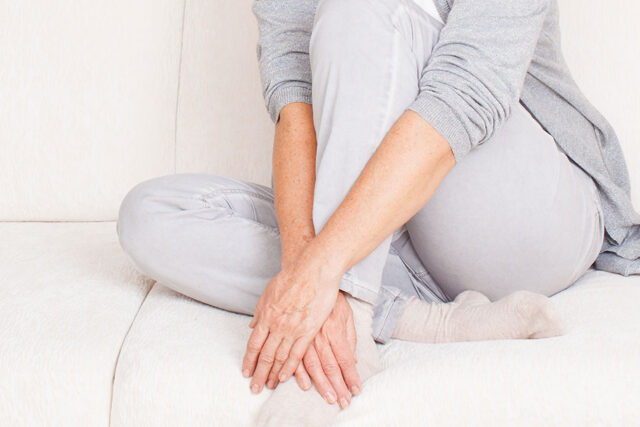
Habits that help you prevent it
In addition to the above treatments, you can avoid vaginal dryness with the following precautions:
– Drink plenty of water throughout the day. Promotes hydration and increases fluids.
– Do not lack vitamins A, B, and E. Various studies have shown that maintaining a diet rich in these vitamins improves natural lubrication. Eat three or more of these foods daily: carrots, spinach, pumpkin, eggs, pistachios, oily fish, seeds, nuts, corn, olive oil, quinoa, or kiwi.
- Avoid tobacco and alcohol. In addition to being detrimental to health in general, they decrease estrogen, which increases vaginal dryness.
- Reduce stress. Nerves have a great dehydrating effect on the entire body, and even more so in sensitive areas such as the genital area.
- Enjoy a full sex life. Having sex regularly helps prevent dryness. Spend time on the foreplay to improve lubrication. Conversely, a lack of stimulation, arousal, or desire can reduce intimate hydration levels.
- Do not use intimate hygiene products that are drying. Use panty liners at specific times and not for many days.
- Avoid soaps that contain perfume. Choose hypoallergenic ones that respect the pH of the skin.
- Wear cotton underwear. If you have symptoms, acrylic fabrics (nylon or lycra) may cause more irritation than there already is.
- Be careful with certain drugs. Oral contraceptives and some antidepressant, antihypertensive, antiulcer, and antihistamine drugs – whose compounds, in addition to being used as allergy treatments, are common in the formulation of some cold medicines – can have the side effect of decreased vaginal discharge.
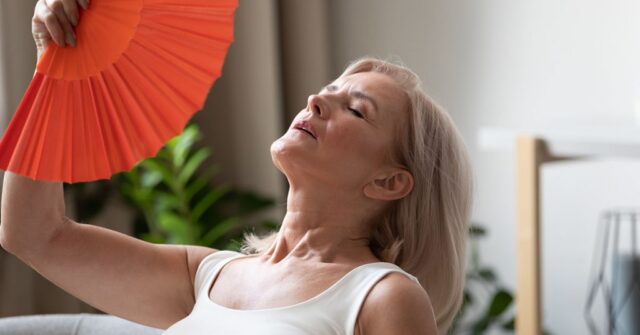
Why is it common after menopause?
Although, as we have said, vaginal dryness does not only affect women who have passed menopause, some changes that occur at this stage favor its appearance:
The vagina is covered by an epithelium that regenerates depending on the estrogenic stimulus. When estrogen levels are reduced in menopause, this proliferation process decreases.
As a consequence, the layers of the uterovaginal epithelium also decrease, which becomes thinner. And since the nerve endings are close to the surface, it increases sensitivity and this can cause pain.
In addition, estrogens influence the pH of the vaginal epithelium, which keeps the flora in “good shape”. By lowering estrogen, good bacteria decrease and this favors infections.
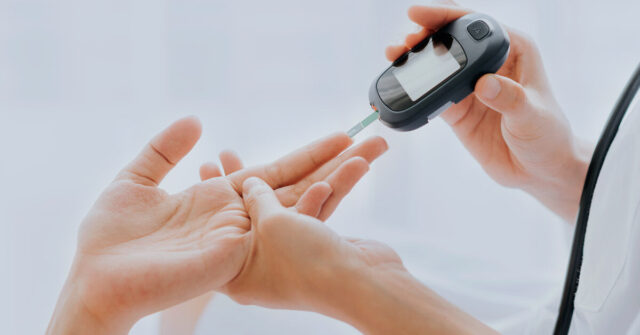
Are you diabetic?
When blood glucose levels are not properly controlled, one consequence is reduced blood flow to the vaginal wall, leading to increased dryness. In addition, diabetes can also cause a decrease in libido, with the consequent lack of lubrication during sexual intercourse.



